The mother of a severely traumatized daughter enlists the aid of a unique horse trainer to help the girl’s equally injured horse.
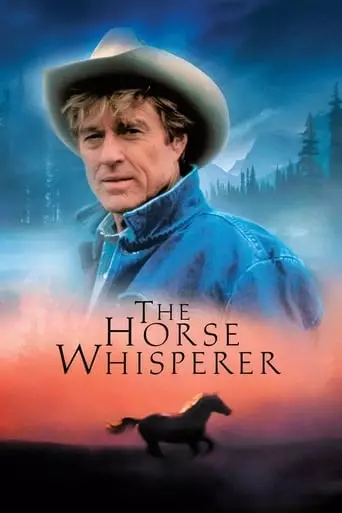
The mother of a severely traumatized daughter enlists the aid of a unique horse trainer to help the girl’s equally injured horse.
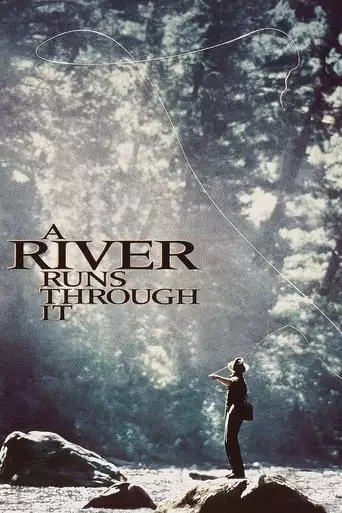
A River Runs Through It is a cinematographically stunning true story of Norman Maclean. The story follows Norman and his brother Paul through the experiences of life and growing up, […]
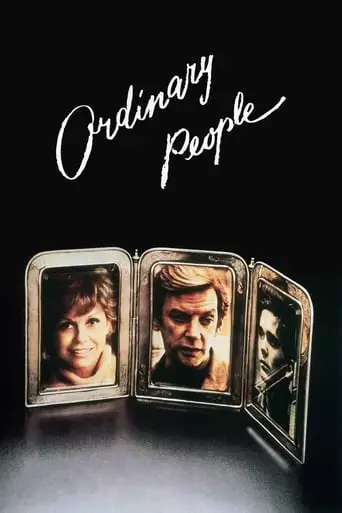
Beth, Calvin, and their son Conrad are living in the aftermath of the death of the other son. Conrad is overcome by grief and misplaced guilt to the extent of […]
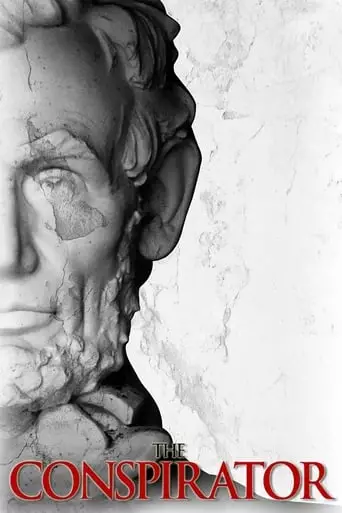
Mary Surratt is the lone female charged as a co-conspirator in the assassination trial of Abraham Lincoln. As the whole nation turns against her, she is forced to rely on […]
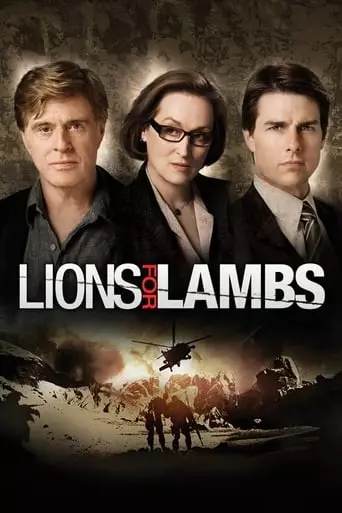
Three stories told simultaneously in ninety minutes of real time: a Republican Senator who’s a presidential hopeful gives an hour-long interview to a skeptical television reporter, detailing a strategy for […]
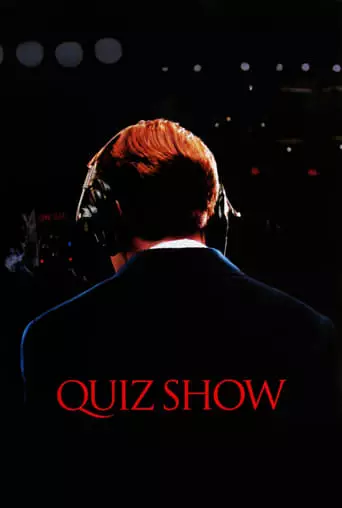
Herbert Stempel’s transformation into an unexpected television personality unfolds as he secures victory on the cherished American game show, ‘Twenty-One.’ However, when the show introduces the highly skilled contestant Charles […]
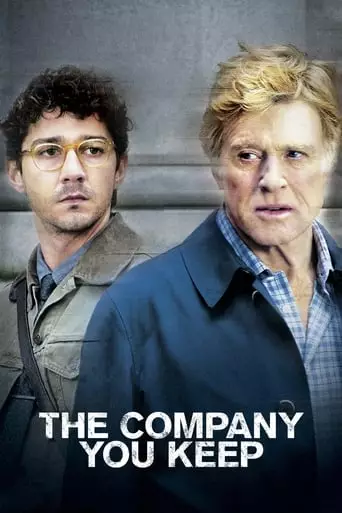
A former Weather Underground activist goes on the run from a journalist who discovers his identity.
Robert Redford: A Legend of the Screen and Behind the Camera
Robert Redford is a towering figure in American cinema, celebrated as an actor, director, producer, and founder of the Sundance Film Festival. While his on-screen performances have made him an icon, Redford’s work as a director showcases his commitment to thoughtful, socially conscious storytelling. With a filmography that spans over three decades, he has earned acclaim for his understated yet powerful direction, often exploring themes of morality, politics, and human resilience.
Early Life and Rise to Stardom
Charles Robert Redford Jr. was born on August 18, 1936, in Santa Monica, California. After studying painting at the Pratt Institute in Brooklyn and attending the American Academy of Dramatic Arts, Redford turned to acting. His breakthrough came with Butch Cassidy and the Sundance Kid (1969), solidifying his place as one of Hollywood’s most charismatic leading men.
Following a string of iconic roles in films like The Sting (1973), All the President’s Men (1976), and Out of Africa (1985), Redford began to explore his passion for storytelling behind the camera.
Directorial Debut: Ordinary People (1980)
Redford’s first film as a director, Ordinary People, was a stunning debut. A deeply moving drama about a family grappling with loss and emotional turmoil, the film showcased Redford’s nuanced storytelling and sensitivity to character development. It was both a critical and commercial success, earning four Academy Awards, including Best Picture and Best Director for Redford.
Notable Films as a Director
The Milagro Beanfield War (1988)
Redford’s second directorial effort was a whimsical yet poignant tale set in a small New Mexico town, blending magical realism with social commentary on land rights and community struggles.
A River Runs Through It (1992)
This visually stunning drama, based on Norman Maclean’s novella, explored family bonds, spirituality, and the natural world. Featuring an early performance by Brad Pitt, the film won an Academy Award for Best Cinematography, highlighting Redford’s talent for crafting visually poetic narratives.
Quiz Show (1994)
A sharp, fact-based drama about a 1950s television quiz show scandal, Quiz Show delved into themes of ethics, power, and media manipulation. The film received critical acclaim and four Academy Award nominations, including Best Picture and Best Director.
The Horse Whisperer (1998)
Redford directed and starred in this romantic drama about healing and redemption, adapted from Nicholas Evans’s novel. The film’s sweeping landscapes and heartfelt storytelling underscored Redford’s ability to balance emotional depth with visual grandeur.
The Conspirator (2010)
This historical drama examined the trial of Mary Surratt, accused of conspiring in Abraham Lincoln’s assassination. The film reflected Redford’s interest in themes of justice and the complexity of historical events.
Themes and Style
Redford’s directorial work is marked by:
Human-Centered Stories: His films often explore personal struggles and moral dilemmas, placing character development at the forefront.
Social and Political Awareness: Many of Redford’s films examine societal issues, from media ethics in Quiz Show to environmental concerns in A River Runs Through It.
Understated Direction: Redford’s approach is subtle and restrained, allowing the narrative and performances to take center stage.
Visual Elegance: His films frequently feature breathtaking cinematography, capturing the beauty of natural landscapes and enhancing the emotional resonance of his stories.
Founder of Sundance
Redford’s influence extends beyond filmmaking through his establishment of the Sundance Film Festival in 1981. Sundance has become a premier platform for independent filmmakers, fostering innovative storytelling and launching countless careers.
Redford’s commitment to nurturing new talent and promoting diverse voices has had a profound impact on the film industry, solidifying his legacy as a champion of creativity and artistic integrity.
Awards and Legacy
In addition to his Academy Award for directing, Redford has received numerous accolades, including the Honorary Academy Award (2002) and the Presidential Medal of Freedom (2016). His contributions to both mainstream and independent cinema are unparalleled.
Conclusion
Robert Redford’s career as a director reflects his dedication to telling meaningful stories that resonate on both personal and societal levels. Whether exploring the quiet struggles of ordinary people or the sweeping landscapes of the American West, his films are imbued with humanity, integrity, and timeless appeal.
A true icon of cinema, Redford’s work behind the camera is as enduring and influential as his legendary performances in front of it.